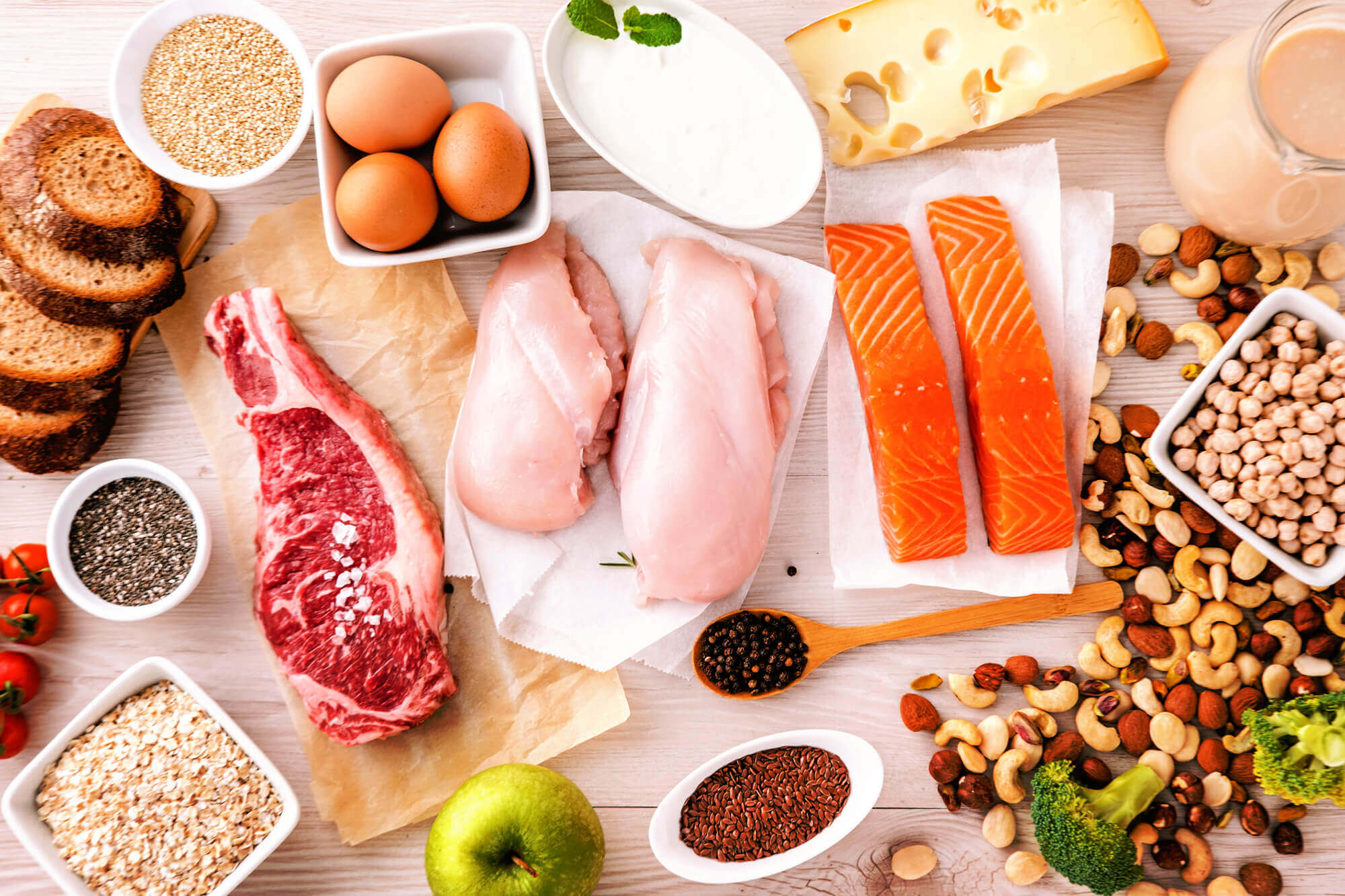How much protein can our body use for muscle building purposes during a single meal? Is it 20-40 as we’ve previously heard or could there be hope for those who enjoy consuming greater amounts of protein per meal?
Overview
What did they test? The researchers looked at the anabolic response following the ingestion of 100g vs 25g of protein.
What did they find? Ingesting 100g of protein led to a greater and more prolonged anabolic response compared to ingesting 25g of protein.
What does it mean for you? Although some terms and conditions apply, it's totally fine for you to consume large amounts of protein in a single sitting and not fear that you’re missing out on gains.
What’s the Problem?
Human muscles are in a constant state of flux, a delicate interplay of synthesizing and breaking down proteins, a dynamic process crucial for muscle health and with a critical part of that process being the balance between muscle protein synthesis and breakdown, with net gains or losses determining muscle protein balance 1, something that we’ve covered before in REPS when looking at nitrogen balance when following a vegan diet.
To comprehend this intricate process, researchers often scrutinize the rates at which muscles generate new proteins and break down existing ones, with a lot of focus placed specifically on muscle protein synthesis, which can be influenced by dietary habits and physical activity. As you probably know by now, engaging in resistance training increases muscle protein synthesis and the ingestion of protein can further enhance that process 1. Amino acids, besides contributing to muscle building, act as messengers, signaling pathways that regulate anabolic (building) or catabolic (breaking down) processes, something that we’ve also covered in previous REPS issues when looking at whether greater amounts of protein are required when consuming sources of protein that are low in essential amino acids (ie: amino acids that the body cannot make on its own) 2.
All that is relatively straightforward as far as practical recommendations go. Lifting weights + eating enough protein = gains, right?. However, an issue arises among people who are looking to maximize adaptations when considering protein intake recommendations, and more specifically protein per meal recommendations. Some previous studies suggest that around 20-25 grams of protein per meal is sufficient to maximize muscle protein synthesis 3, with excess protein possibly being utilized for energy or even “wasted” in some cases. This has led to the advice of evenly distributing protein intake across the day if your goal is to maximize gains, something that is contrary to the eating habits of many animals that indulge heavily but infrequently 4. You’ve probably heard that eating a lot of protein in a single sitting may be unnecessary and that past a certain point, that protein will not be doing much for your muscles, with the amount of protein quoted being anywhere between 20 and 45 grams. The issue with the current literature is that up until recently, studies had only looked at consuming a maximum 45 grams of protein in a single sitting and its effect on muscle protein synthesis for approximately 6 hours 5 alongside limitations in design.
The idea that the body can only use a finite amount of protein for muscle building purposes is not something that we observe with some animals (eg: snakes) and for some, it does not really make much evolutionary sense as people were not always able to consume multiple meals per day and would often rely on a single meal per day. When looking at snakes, ingesting a substantial meal triggers prolonged protein digestion and muscle-building lasting about 10 days, with minimal amino acid oxidation for energy. This, coupled with the limitations of the current literature, somewhat challenges the prevailing notion of rapid anabolic responses in humans that then decline after a few hours while also raising questions about the perceived limitations of our muscles in utilizing dietary amino acids.







